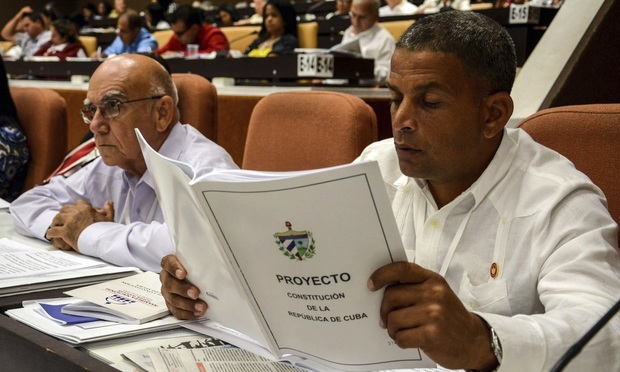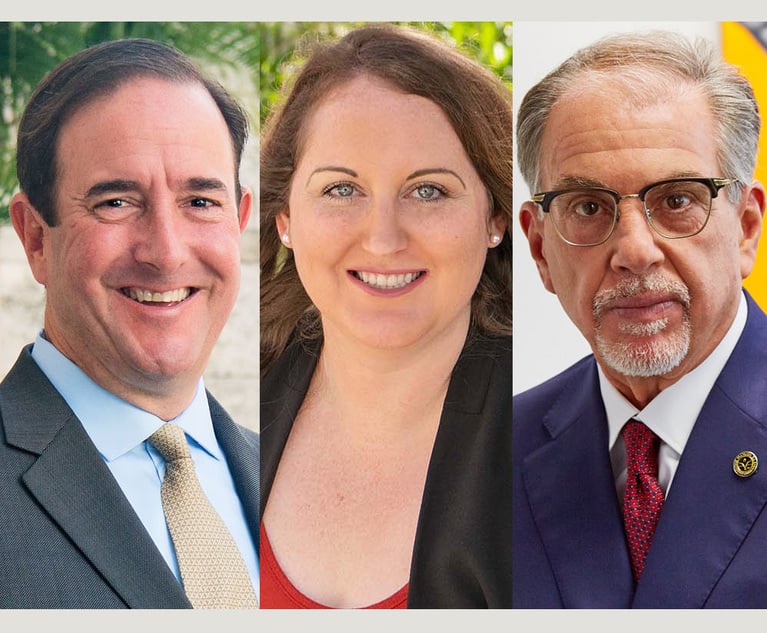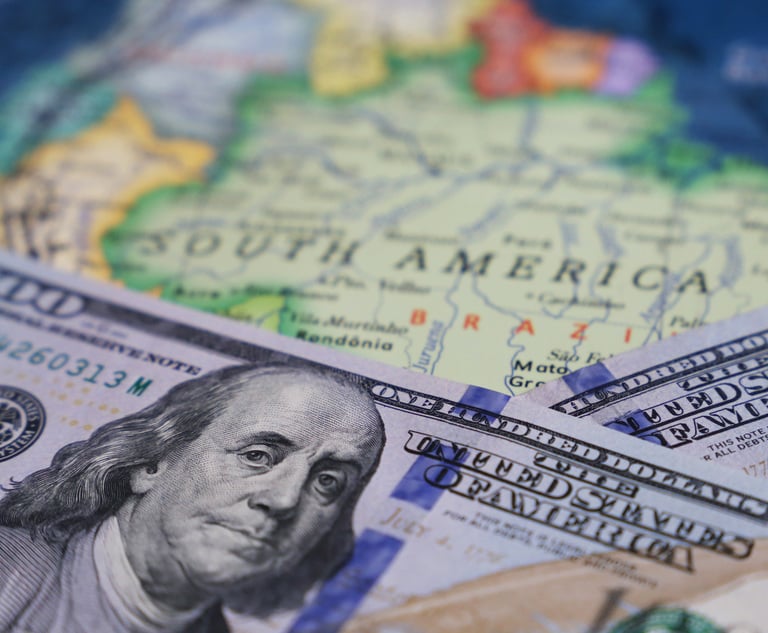In the midst of a regional crisis over Venezuela and tough economic straits, the Cuban government is about to launch a sweeping makeover of its centrally planned, single-party system with dozens of new laws that could reshape everything from criminal justice to the market economy.
Nearly a year of debate and discussion ended last month with the approval of Cuba’s first constitutional reform since 1976. Some observers see the new constitution as merely a cosmetic update aimed at assuring one of the world’s last communist systems won’t get another revamp until long after the passing of its founding fathers, now in their late 80s and early 90s. Others see the potential for a slow-moving but deep set of changes that will speed the modernization of Cuba’s economically stagnant authoritarian bureaucracy.


 In this July 21, 2018, photo, a member of the National Assembly studies the proposed constitutional update in Havana, Cuba. (Abel Padron, Agencia Cubana de Noticias via AP, File)
In this July 21, 2018, photo, a member of the National Assembly studies the proposed constitutional update in Havana, Cuba. (Abel Padron, Agencia Cubana de Noticias via AP, File)




